insecticide

Are pesticide residues on food something to worry about?
Just like anything that goes into your body, it’s the dose (the amount) that matters ...
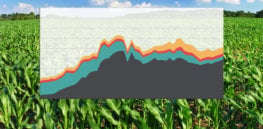
Pesticides and Food: It’s not a black or white issue — Has pesticide use decreased since the introduction of GMO crops?
What is the truth about crop pesticides and their residues in food in 2018? ...
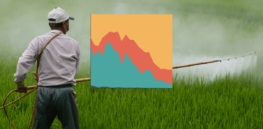
How effective and safe are current-generation pesticides?
it is important to balance risks with the benefits that pesticides provide ...
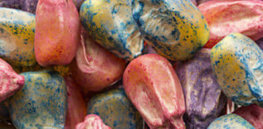
Are neonicotinoid seed treatments critical for protecting crops—or unnecessary, with potential to harm bees?
Neonicotinoids, the world’s most popular class of insecticides, have been making headlines for the last decade due to concerns that ...

Pesticides and Food: It’s not a black or white issue — How do organic pesticides compare to synthetic pesticides?
Many consumers choose to buy higher-priced organic produce because they believe organic foods are not grown using pesticides and therefore ...

Pesticides and Food: It’s not a black or white issue — Part 5: Soil health ― When synthetic pesticides are more sustainable than ‘natural’ organics
Most consumers believe organic farming avoids pesticides and prioritizes the health of the environment more than conventional farming. However, this ...
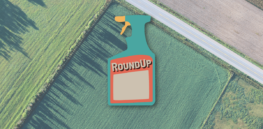
Pesticides and Food: It’s not a black or white issue — Part 3: How dangerous is glyphosate?
Although pesticide toxicity and biodegradability has decreased overall during the last few decades, many consumers are still worried about pesticides ...
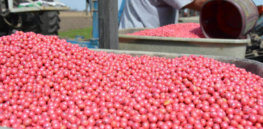
Farm groups challenge petition for tighter EPA insecticide rules, saying restrictions could hamper sound conservation
Nearly 100 organizations recently submitted comments to the Environmental Protection Agency encouraging the agency to reject a petition related to seeds treated with ...
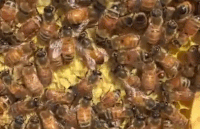
Viewpoint: US EPA rebuffs activist lobbying, finds neonicotinoids not key driver of bee health problems
In The Neonic Ban: A Scientific Fraud Becomes Enshrined In EU Regulatory Law, I described the many elements of corruption that ...
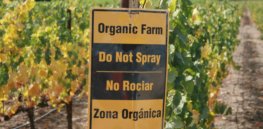
Do organic farmers really use more pesticides than conventional farmers? Not even close.
This is part one of a four-part series attempting to separate fact from fiction regarding pesticide use on organic farms ...
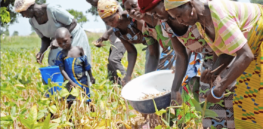
Plagued by pest, African farmers may soon have access to insect-resistant GMO cowpeas—for free
US government funding and royalty-free Bt technology from Monsanto will enable West African countries to provide farmers with free cowpea ...
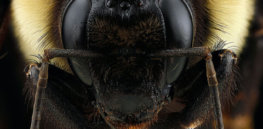
Harmful, beneficial or no effect? Flawed European bees and neonicotinoids study could be misused to support ban
A widely-discussed 3-country study showed no clear impact of neonics on bees. Why did the authors appear to explain away ...

Myth busting Foodie Farmer: Do conventional farmers “douse” fields in chemicals?
Conventional farmers, especially those who grow genetically modified crops, are often accused of "dousing" or "drowning" their fields in chemical ...

